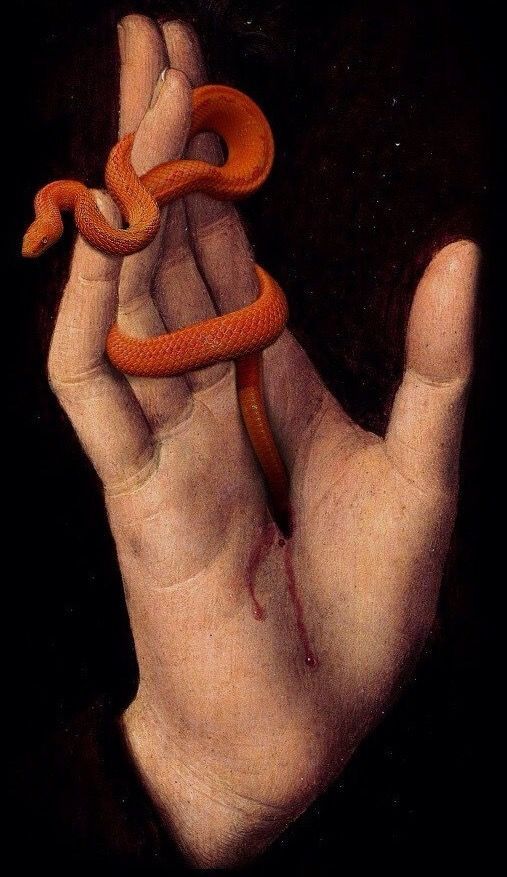Text


If these walls could talk
.
i know my art isn’t meant for other’s walls. I take pride that it is a way to express my psyche and become endlessly proud of my boundless imagination. Especially since this was my first time not directly using a reference or vision board. Much of my art has been focused on alienation, so far. I am proud of myself for making a platform for it because I know it will continue to evolve as I fall more in love with it.
2 notes
·
View notes
Text






Annie: There are legends of people born with the gift of making music so true, it can pierce the veil between life and death; conjuring spirits from the past...and the future. In ancient Ireland, they were called Filí. In Choctaw land, they called them Fire Keepers. And in West Africa, they were called Griots. This gift can bring healing to their communities. But it also...attracts evil....
Sinners (2025)
28K notes
·
View notes
Text

Arches National Park, Utah photo: Elliot McGucken
88K notes
·
View notes
Photo

Detail of “The Man of Sorrows” by Hans Memling, edited by Robin Isely.
8K notes
·
View notes
Text

Me after solving all the made up problems in her head
3K notes
·
View notes
Text
What’s Left Standing
There is a tree in the middle of it all that no one walks through anymore.
It has outlived names, outlasted maps. Whatever once claimed this land has gone quiet.
And still, it stands.
Not out of will— not really. Will fades. This is something older. Something beneath choice.
The tree does not ask why it was left behind. It has let go of questions that don’t change the weather.
It remembers the years it was not alone, but memory softens at the edges— like bark around a scar. The shape remains. The pain does not.
It has been struck by lightning more than once. And yet it reaches upward, not with hope, but with something gentler: acceptance.
It does not measure time in seasons, but in absences— the weight of snow, the return of birds, the ache of drought.
No one sees the roots still moving through the earth like slow, patient hands searching for something they don’t expect to find.
And maybe that’s what faith is— not belief in return, but the refusal to stop growing, even when no one is watching.
To remain, without witness, without reward, and still call it living.
Still call it enough.
963 notes
·
View notes
Text



Absit Cogitatio Illa
(Leave that nigga and the memories where they’re at.)
1 note
·
View note
Text
“I’m not everything I want to be, but l’m more than I was, and l’m still learning.”
— Charlotte Eriksson, Everything Changed When I Forgave Myself
8K notes
·
View notes
Text
The whole point of comedy is to assert and establish—in the end—the humanity and equality of all the people involved in its action, especially of the oppressed. Comedy is a dramatic procedure that allows for the recognition and acceptance of the other and of oneself. It allows for liberation from oppression in its various kinds: personal, psychological, family, social, and political. Thus, the end of comedy is the abolition of slavery in all its forms.
— Nikulin, D. (2014). Comedy, Seriously: A Philosophical Study. Palgrave Macmillan.
Follow Diary of a Philosopher for more quotes!
11 notes
·
View notes
Text
The slave [in Ancient Greek comedy] was a carnivalesque character: he was both foolish (as commonly perceived), for he needed to carry out his intended plan without raising suspicion, and also very clever (as he truly was), for he needed to pretend to be foolish while carrying out his plan (which tended to go awry).
— Nikulin, D. (2014). Comedy, Seriously: A Philosophical Study. Palgrave Macmillan.
Follow Diary of a Philosopher for more quotes!
15 notes
·
View notes







